Five Impressions on Niebuhr and Co., 1945–47
From 1945 to 1947 as the United States and Soviet Union moved toward the Cold War, Christian realists writing for Reinhold Niebuhr’s journal, Christianity and Crisis, responded to global dilemmas. Here are five impressions of those articles, along with lessons for today.
Mark MeltonJune 10, 2022
Church Leadership during Economic Crisis
Strikes by meat packers and mine workers in 1946 prompted Henry P. Van Dusen and Liston Pope to consider the ethics of strikes and how the church should respond.
Christianity & Crisis MagazineJanuary 24, 2022
Patient Foreign Policy and the Cold War “Long Pull”
The following two articles appeared in Christianity and Crisis on September 16, 1946. They both reflect on America’s relations with the Soviet Union post-World War II and try to develop a Christian approach to this challenge.
Christianity & Crisis Magazine & Reinhold NiebuhrOctober 20, 2021
Reports from War-Torn China, 1946
As part of a series of reports from different countries in the fall of 1946, Christianity and Crisis published articles by M. Searle Bates and Henry P. Van Dusen on China. These reveal the situation of Christianity in the country and America’s foreign policy challenge in East Asia.
Christianity & Crisis Magazine & Mark MeltonSeptember 8, 2021
When Allies Become Adversaries: Christian Realism and the Soviet Union in 1946
“It is time to take the full measure of certain arguments widely cherished by churchmen to excuse Soviet practice and minimize the Soviet threat” – Henry P. Van Dusen in 1946, responding to Christians who thought the West’s actions caused tensions with the USSR.
Christianity & Crisis Magazine & Mark MeltonJuly 9, 2021
Our Dual Heritage of Freedom: Reformation & Enlightenment
This article, delineating the two kinds of freedom found in the tradition of Western civilization, was originally published in Christianity and Crisis on October 19th, 1942. Editor Henry P. Van Dusen clarifies the two strands of freedom that have developed in European thought. One comes from the Protestant Reformation, a freedom that comes as a result of being created in God’s image and the rights that entail; the other comes from the Enlightenment, a freedom that is intrinsic to man’s nature and “self-evident,” something that is somehow apparent to all.
Christianity & Crisis MagazineSeptember 21, 2017
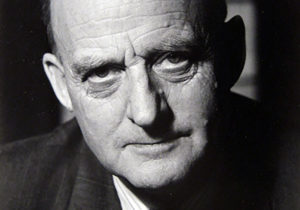

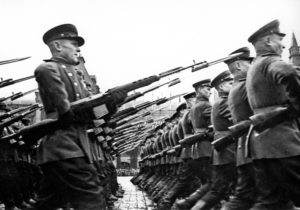
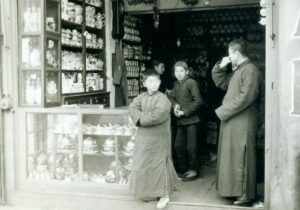
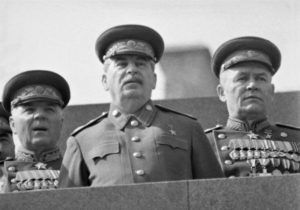
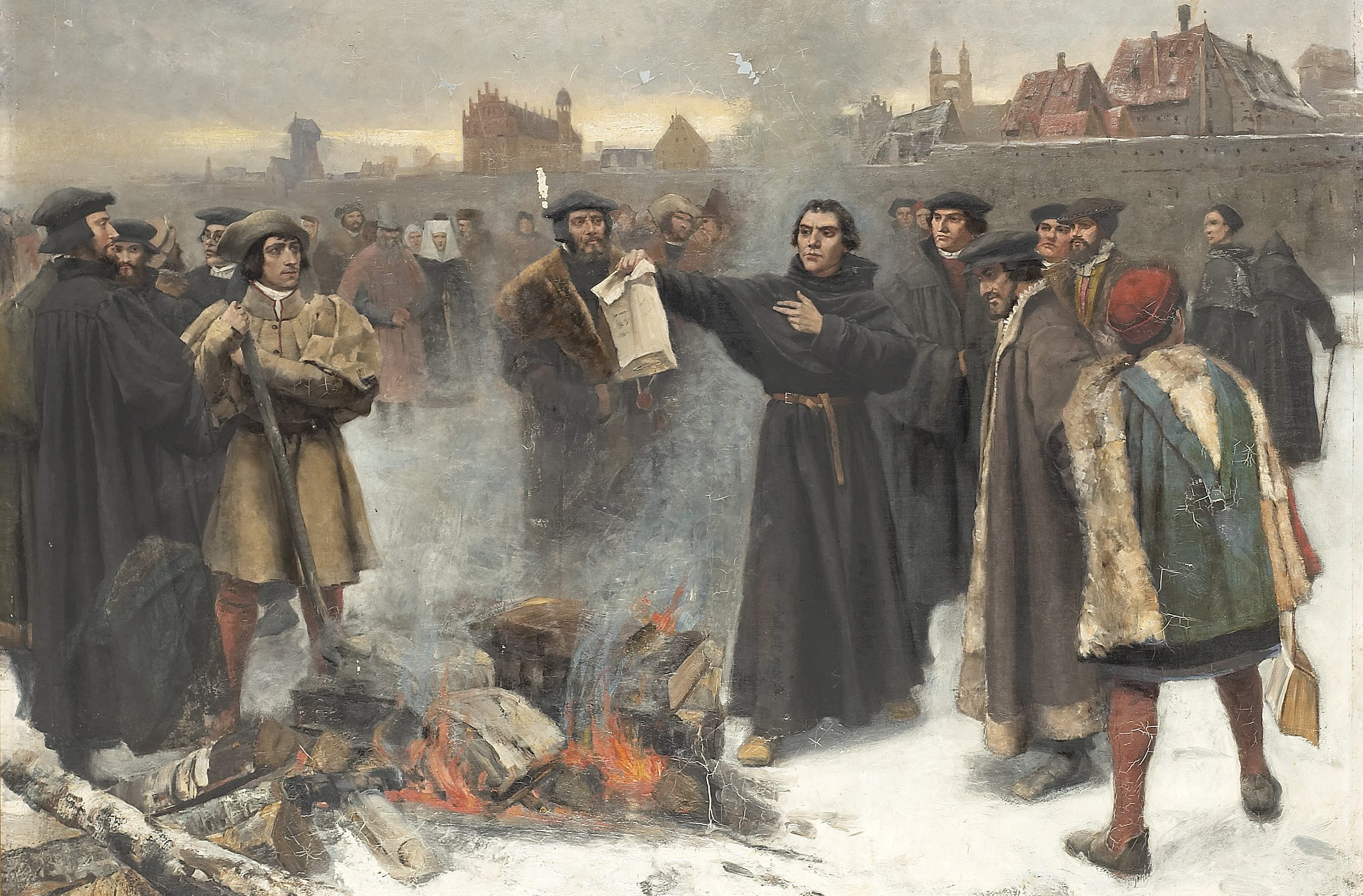

 Sponsor a student for Christianity & National Security 2024
Sponsor a student for Christianity & National Security 2024